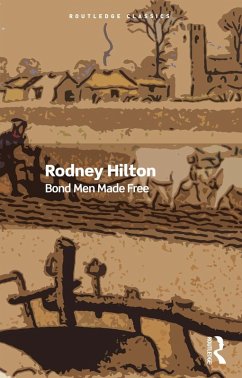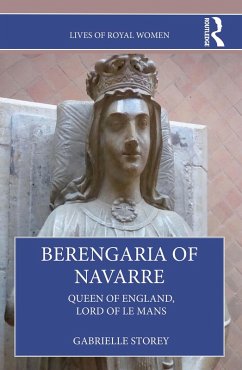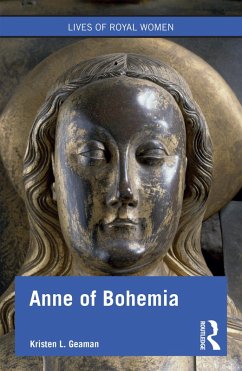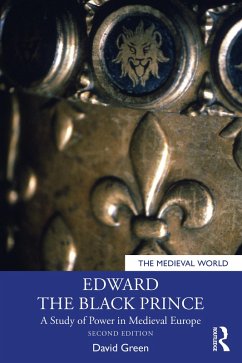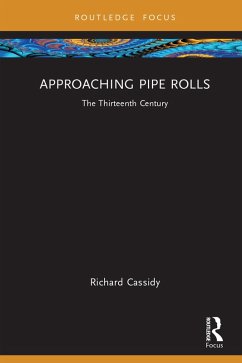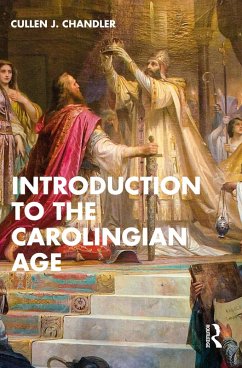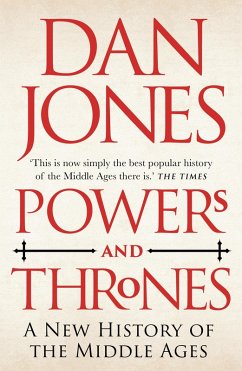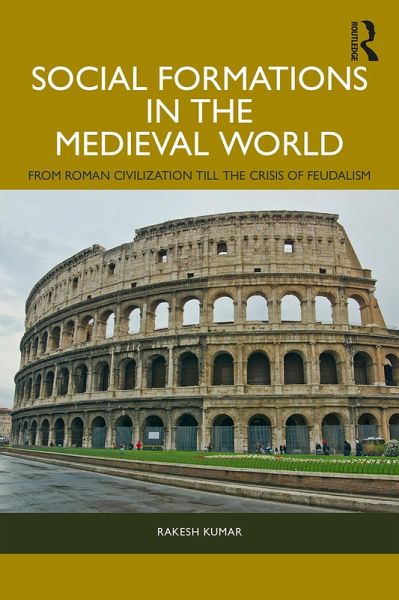
Social Formations in the Medieval World (eBook, ePUB)
From Roman Civilization till the Crisis of Feudalism
Versandkostenfrei!
Sofort per Download lieferbar
37,95 €
inkl. MwSt.
Weitere Ausgaben:

PAYBACK Punkte
19 °P sammeln!
This book encapsulates a period of history of human progress by highlighting crucial social, economic, and cultural dynamics. It presents recent historiography and new analytical tools used to analyse multi-dimensional themes involved in social formation. This is a reader-friendly book with simple and lucid language and fulfils the pressing needs of students studying the paper 'Social Formations and Cultural Patterns of Ancient and Medieval World' at various universities across the world. The summary, keywords, and representative questions at the end of each chapter would assist in revision an...
This book encapsulates a period of history of human progress by highlighting crucial social, economic, and cultural dynamics. It presents recent historiography and new analytical tools used to analyse multi-dimensional themes involved in social formation. This is a reader-friendly book with simple and lucid language and fulfils the pressing needs of students studying the paper 'Social Formations and Cultural Patterns of Ancient and Medieval World' at various universities across the world. The summary, keywords, and representative questions at the end of each chapter would assist in revision and better understanding of the issues dealt therein. A detailed chapter-end reference would enable and motivate the readers to engage in further studies for better understanding of the themes.
This book will be of interest to students, researchers, and academics in the area of history-ancient and medieval world history in particular and anthropology. It will also be an interesting read for general readers interested in knowing about the ancient and medieval world.
This book will be of interest to students, researchers, and academics in the area of history-ancient and medieval world history in particular and anthropology. It will also be an interesting read for general readers interested in knowing about the ancient and medieval world.
Dieser Download kann aus rechtlichen Gründen nur mit Rechnungsadresse in A, B, BG, CY, CZ, D, DK, EW, E, FIN, F, GR, HR, H, IRL, I, LT, L, LR, M, NL, PL, P, R, S, SLO, SK ausgeliefert werden.






